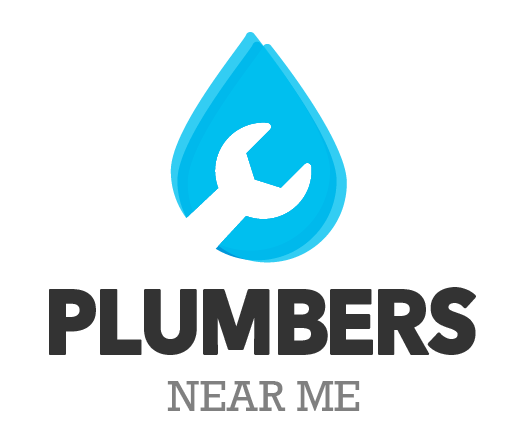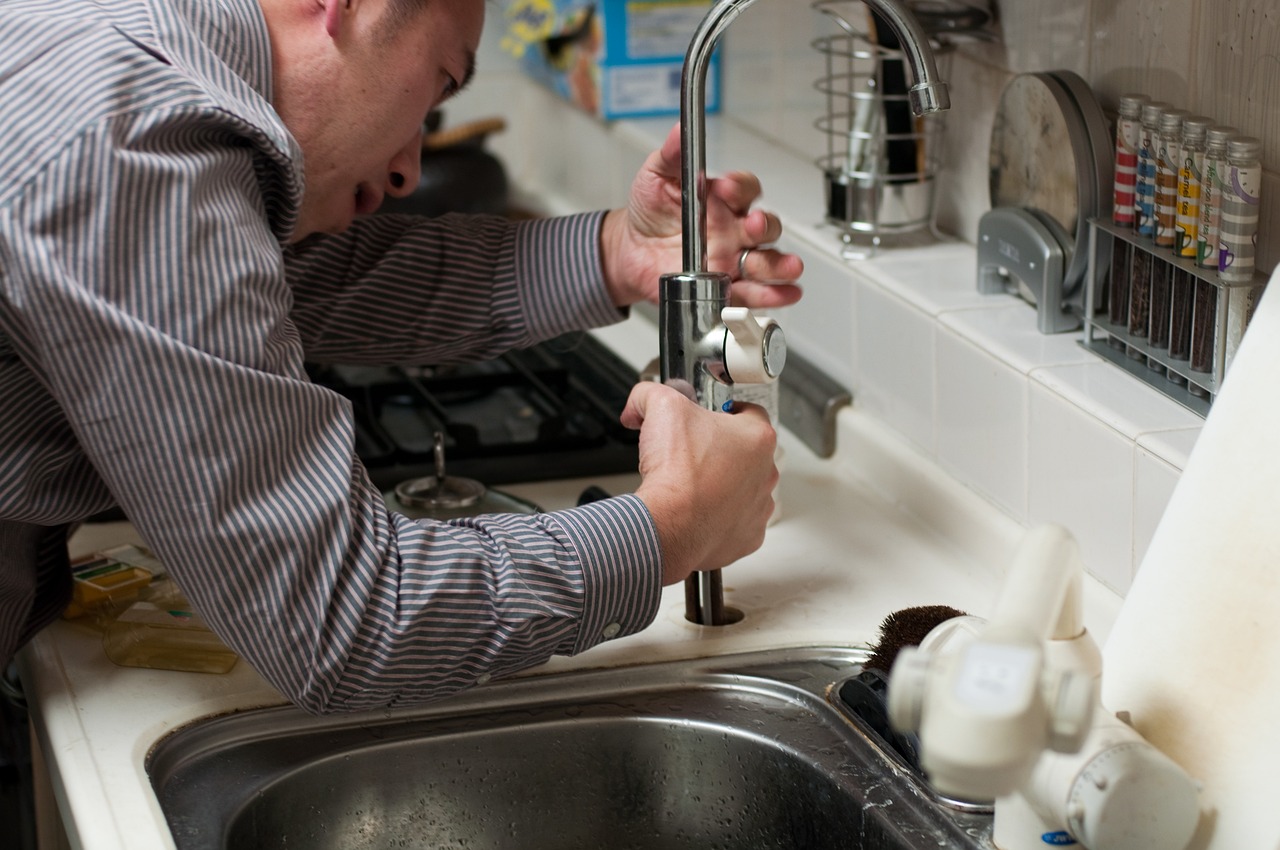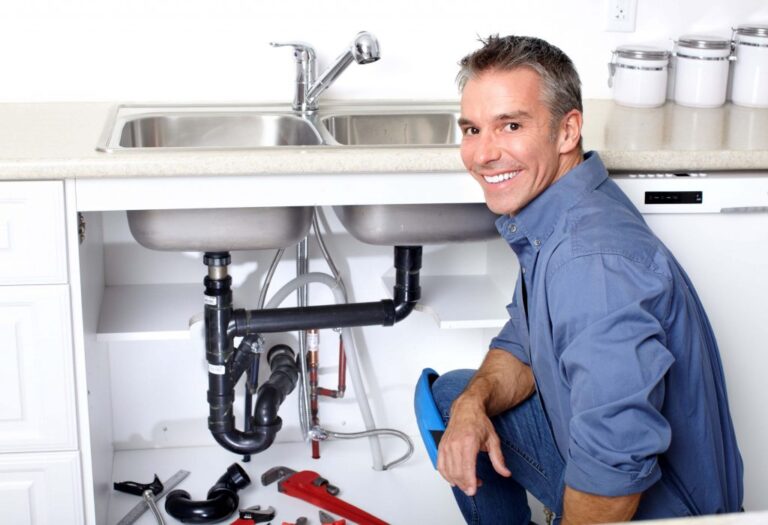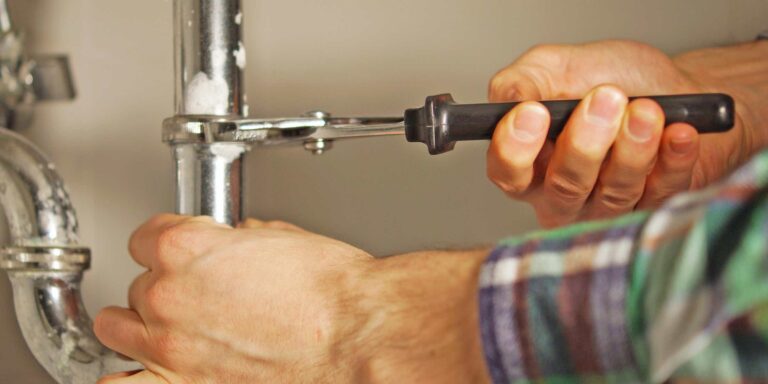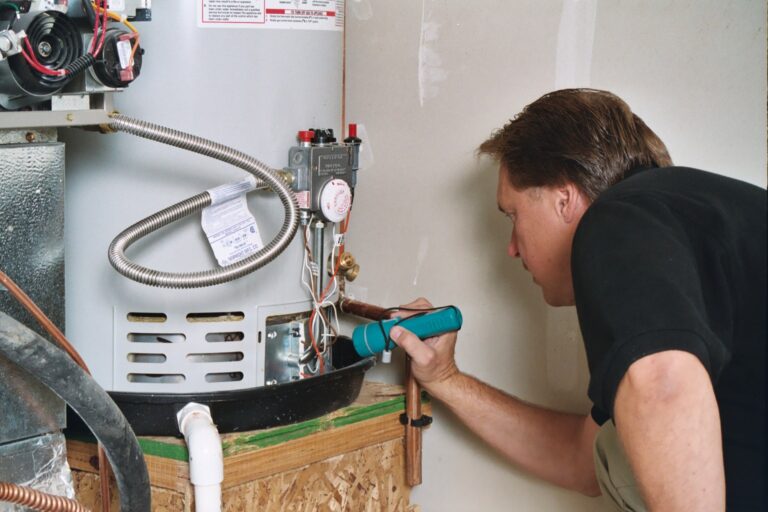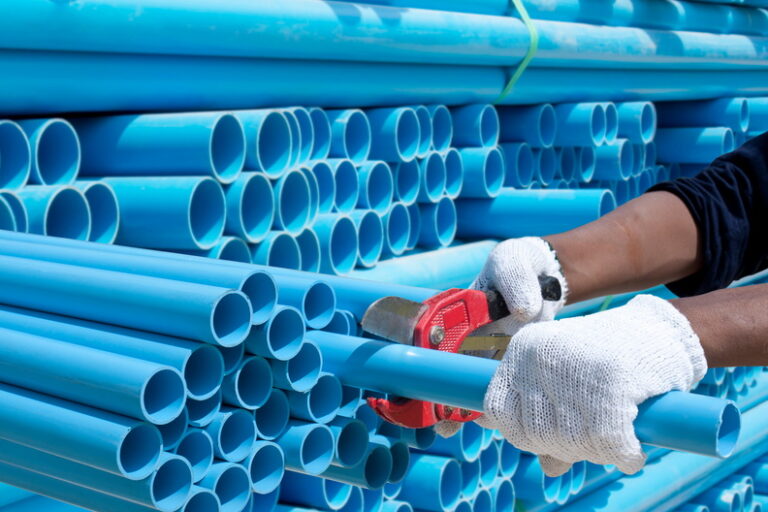We all know that feeling when the plumbing goes out and we have no idea how to fix it. Luckily, there are some quick fixes that even the most inexperienced person can learn. So next time your toilet gets clogged or your sink starts overflowing, don’t reach for the phone to call a plumber just yet. Try one of these quick fixes first and see if it does the trick.
Why you should learn some quick plumbing fixes
Not everyone is born a handyman (or woman), but that doesn’t mean you can’t learn a few quick plumbing fixes to save yourself time and money. These days, there are plenty of resources available to help you learn about plumbing, even if you don’t have any experience.
One of the biggest benefits of learning quick plumbing fixes is that it can save you money. Plumbing repairs can be expensive, especially if you need to hire a professional. If you know how to do some simple repairs yourself, you can save a lot of money in the long run.
Another benefit of learning quick plumbing fixes is that it can save you time. If you have a busy schedule, it can be tough to find time to schedule a repair with a professional. If you know how to do some simple repairs yourself, you can get the job done quickly and avoid having to take time out of your busy schedule.
If you’re not sure where to start, there are plenty of resources available online and in libraries that can help you learn about quick plumbing fixes. Once you’ve learned the basics, you may even find that fixing plumbing problems is easier than you thought!
What are some of the most common plumbing problems?
Plumbing is any system that conveys fluids for a wide range of applications. Plumbing uses pipes, valves, plumbing fixtures, tanks, and other apparatuses to convey fluids.[1] Heating and cooling (HVAC), waste removal, and potable water delivery are among the most common uses for plumbing, but it is not limited to these applications.[2] The word derives from the Latin for lead, plumbum, as the first effective pipes used in the Roman era were lead pipes.[3]
How can you prevent plumbing problems?
The best way to prevent plumbing problems is through regular maintenance. By taking care of your plumbing and fixing any issues as soon as they arise, you can save yourself a lot of time, money, and hassle in the long run.
Here are some quick fixes for common plumbing problems that you can do yourself:
1. Fix a leaking faucet: Tighten the faucet’s packing nut until it stops dripping. If that doesn’t work, replace the washer.
2. Unclog a drain: Use a plunger to try to dislodge the clog. If that doesn’t work, pour a kettle of boiling water down the drain. You can also use a chemical drain cleaner, but be sure to follow the instructions carefully.
3. Fix a Toilet That Keeps Running: Adjust the float ball so that it sits at the correct level. If that doesn’t work, replace the flapper valve.
4. Fix a Leaky Pipe: Tighten the pipe’s joint until it stops leaking. If that doesn’t work, you will need to replace the section of pipe.
If you are not confident in your ability to fix a particular plumbing problem, it is always best to call a professional plumber for help.
What are some quick fixes for common plumbing problems?
Here are some quick fixes for common plumbing problems:
1. If a pipe bursts, turn off the water at the main shut-off valve and call a plumber.
2. If your toilet is clogged, try using a plunger to clear the blockage. If that doesn’t work, call a plumber.
3. If your faucet is dripping, tighten the packing nut under the handle. If that doesn’t stop the drip, replace the washer.
4. If your garbage disposal is jammed, turn off the power and use a wrench to remove any objects that may be causing the jam.
What are some of the most common mistakes people make when trying to fix plumbing problems?
One of the most common mistakes people make when trying to fix plumbing problems is using the wrong type of plunger. There are two types of plungers, the toilet plunger and the sink plunger. The toilet plunger is designed specifically for toilets and has a flanged bottom that creates a tight seal around the toilet drain. The sink plunger has a flat bottom and is designed for sinks, showers, and tubs. Using the wrong type of plunger can damage your fixtures and make the problem worse.
Another common mistake is over-tightening pipes and fittings. This can cause damage to your fixtures, pipes, and fittings and make it difficult to make future repairs. when you’re tightening a connection, stop when you feel resistance. Any further tightening is likely to cause damage.
Finally, another mistake people often make is trying to use a chemical drain cleaner on a clog. Chemical drain cleaners are harsh and can damage your pipes if used improperly. If you must use a chemical drain cleaner, be sure to follow the directions carefully and use only as directed.
How can you find a good plumber?
If you need a plumbing professional, the best way to find a good one is to ask people you know for recommendations. If that’s not possible, look for plumbers who have good online reviews and are registered with organizations such as the Better Business Bureau. Once you’ve found a plumber you’re interested in, contact them and ask for an estimate. Be sure to get at least three estimates so that you can compare prices.
What are some things you should never do to your plumbing?
One of the main things you should never do is use a plunger on a clogged toilet. This can push the clog further down the piping and cause serious damage. Another thing you should never do is pour grease or oil down your drains. This can create major clogs that are difficult to fix. Lastly, you should never flush anything other than human waste and toilet paper down the toilet. This includes feminine hygiene products, cigarette
What are some tips for maintaining your plumbing?
Regular maintenance is the key to keeping your plumbing in good shape. Here are some tips:
-Drain your water heater once a year to remove sediment that can build up and cause corrosion.
-Inspect exposed pipes regularly for leaks or other damage.
-Replace washers in leaky faucets – this is usually a quick and easy fix.
-Tighten loose pipes and fittings – again, an easy fix that can prevent bigger problems down the road.
-Clean out clogged drains regularly to prevent buildup and blockages.
How can you troubleshoot plumbing problems?
If you’re a homeowner, you should know how to troubleshoot plumbing problems. Plumbing problems can be frustrating, and they can also be dangerous if not handled properly. That’s why it’s important to learn how to troubleshoot plumbing problems yourself. Here are some of the most common plumbing problems and how you can fix them.
Leaking Faucets: A leaking faucet is one of the most common plumbing problems. If your faucet is leaking, it’s likely because the washer is worn out. To fix a leaking faucet, simply replace the washer.
Clogged Drains: Clogged drains are another common plumbing problem. If your drain is clogged, it’s likely because there is a build-up of hair or soap scum in the drain. To fix a clogged drain, simply remove the build-up of hair or soap scum from the drain.
Leaking Pipes: Leaking pipes are another common plumbing problem. If your pipe is leaking, it’s likely because there is a crack in the pipe. To fix a leaking pipe, simply repair the crack in the pipe.
What are some of the most common myths about plumbing?
One of the most common myths is that you should pour grease down the drain to help keep it clear. This could not be further from the truth! Pouring grease down the drain will only cause it to clog. Instead, you should dispose of grease in a container and throw it in the trash.
Another myth is that you should use chemical drain cleaners to clear a clog. While these products may be effective in some cases, they can also be damaging to your pipes and cause more problems in the long run. If you have a clog, it’s best to call a professional plumber to take care of it.
Finally, many people believe that all plumbers are the same. This simply isn’t true! There are many different types of plumbers, each with their own specialization. For example, some plumbers may specialize in residential plumbing while others focus on commercial plumbing. Be sure to call the right type of plumber for your needs.
